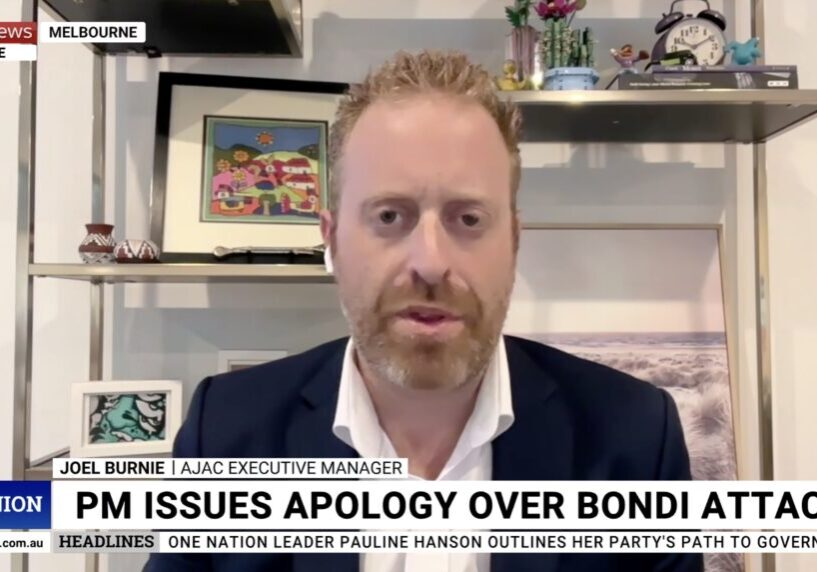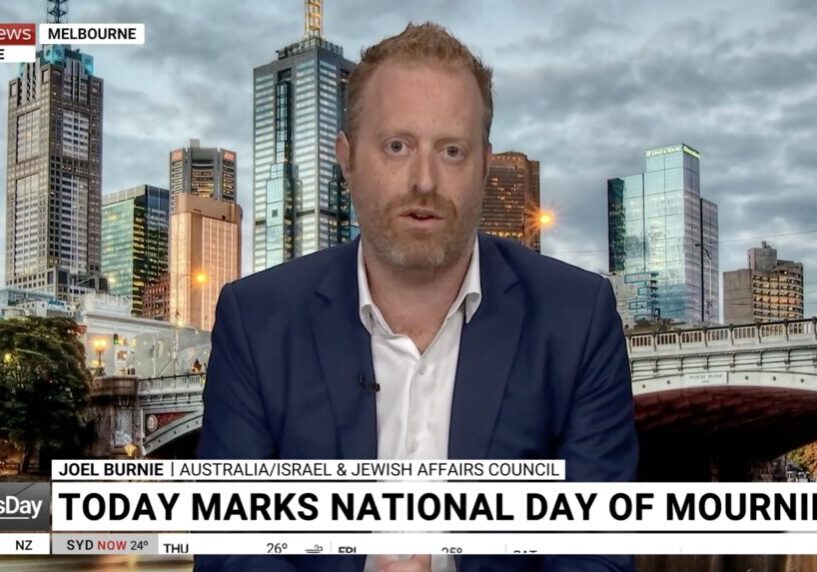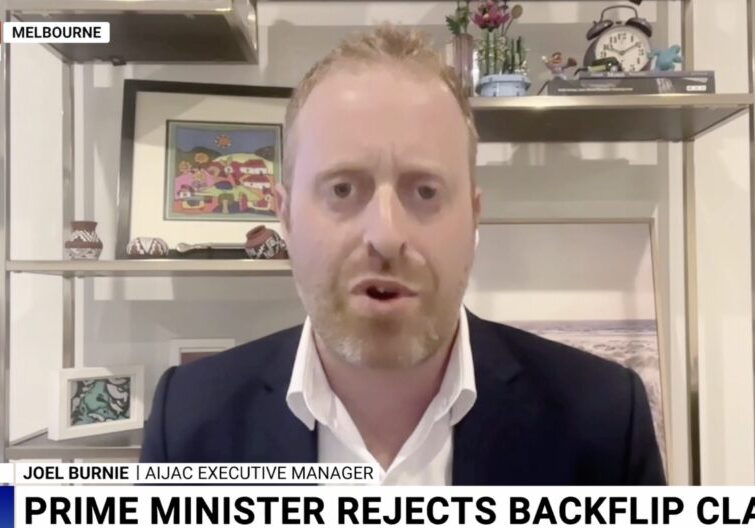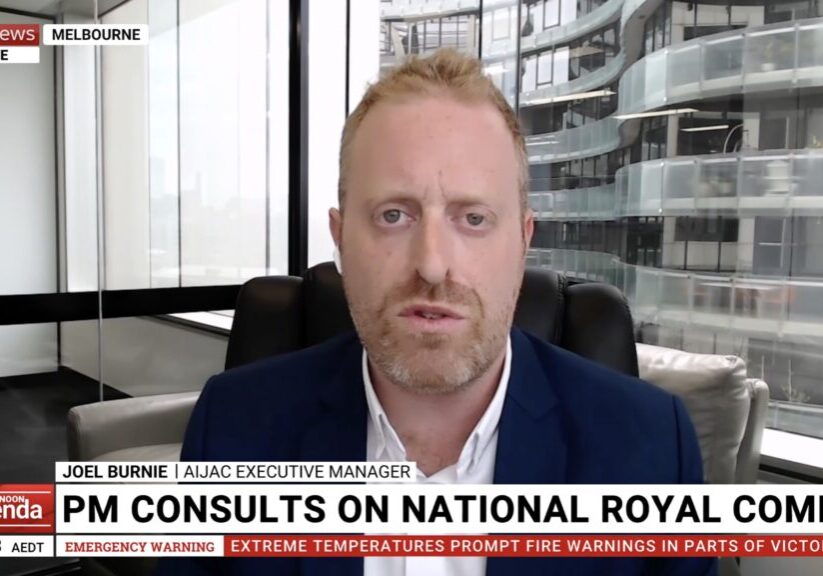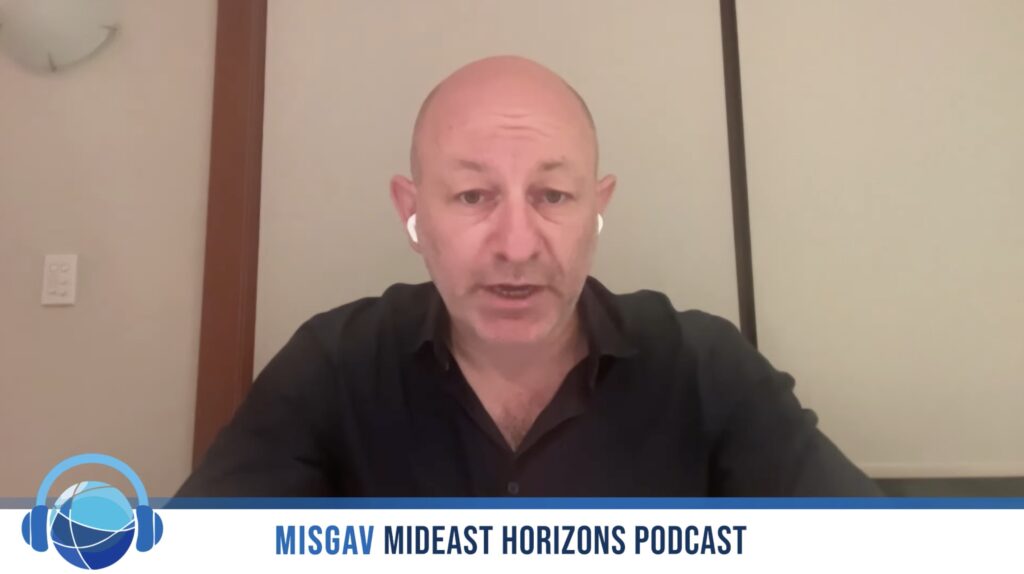FRESH AIR
The LaRouchites latch on to Australia Post
July 6, 2021 | Judy Maynard
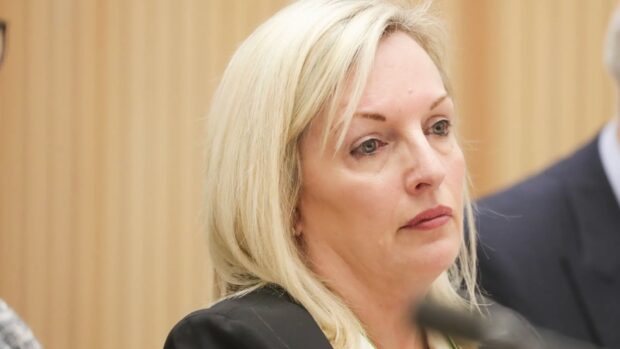
The obscure and conspiracy theory-peddling Australian Citizens Party (ACP) recently featured in one of our national broadcaster’s highest profile news programs. How it came to spend this brief and unaccustomed time in the limelight gives a glimpse into the party’s machinations.
A report on ABC TV’s “Four Corners” on June 28 focused on the controversial November 2020 departure of Australia Post’s former CEO Christine Holgate, after it was revealed she had rewarded senior management executives with Cartier watches for securing a lucrative deal with three Australian banks.
As the program made clear, many of the licensees who run 2850 post offices nationally believe that this deal saved their businesses through increased remuneration from banks for the provision of banking services.
The program included a clip of Liberal Senator Sarah Henderson disparaging the origins of the ACP, formerly known as the Citizens Electoral Council (CEC). It’s the local offshoot of the movement founded in the US by the late Lyndon LaRouche whom the senator described as “someone who has been said to be antisemitic, a racist and a conspiracy theorist.”
Henderson was not wrong – as past AIJAC research on the Larouchite movement in Australia has demonstrated. For a basic introduction to the worldwide LaRouche movement, we recommend a piece we published back in 2005 by April Witt, while the history of the Australian branch was documented by this author in July 2019. For discussion of their recent activities, see here and here.
The turgid and convoluted outpourings of the LaRouchite movement and its Australian cult followers are difficult to comprehend and, indeed, generally not worth the effort. They are based on bizarre conspiracy theories that include febrile obsessions with, amongst others, the British Royal family (including claims Queen Elizabeth II is a drug trafficker and her late husband Prince Philip used the World Wildlife Fund to commit terrorism and genocide) and bankers.
To illustrate, the following examples appear on the ACP’s website:
“City of London scion Lord Jacob Rothschild formed a cartel of predatory banks called the Inter-Alpha Group to steamroll through nation after nation as they deregulated their economies, plundering wealth through previously-illegal methods of financial speculation.”
“10 April 2013—Just like the people of Cyprus, Australians and much of the rest of the world’s population will soon see their bank deposits confiscated and themselves plunged into not merely poverty, but mass starvation and death. Supposedly, all this is necessary to bail out the bankrupt, London-centred world monetary system. But that’s just the excuse. Prince Philip and Queen Elizabeth II have openly, repeatedly proclaimed their intent to kill some six billion of the world’s seven billion human beings, in order to consolidate permanent, worldwide British imperial rule. The present global banking crisis happens to be a convenient vehicle to conduct that mass murder.”
Echoing LaRouche’s perpetual prophesies of imminent disaster, the ACP’s modus operandi is similarly underpinned by never-ending fear-mongering. However, while lunatic rantings such as those above can still be found on its website, over the years the ACP has become more sophisticated in its public outreach.
While ACP policies essentially recycle those of LaRouche and his US-based organisation, they are updated and tailored to an Australian context. Nowadays they tend to try to send a more populist message, particularly likely to gain traction in rural areas where some inhabitants may feel disadvantaged in relation to their city counterparts.
This is where Christine Holgate and Australia Post come in.
ACP policy has long called for the establishment of a government-owned national or people’s bank. The ACP’s nexus with the US parent is evidenced in an article appearing in 2002 in the Executive Intelligence Review, a weekly magazine founded by LaRouche in 1974, promoting these efforts.
In an account that is both fantastical and antisemitic, with a passing and unhinged reference to a former Jewish Zionist leader, Allen Douglas had written:
“‘An Urgent Call for a New National Bank’ was the title of a full-page advertisement placed by Lyndon LaRouche’s associates in The Citizens Electoral Council (CEC) in Australia’s major national daily newspaper, The Australian, on Sept. 26. The ad’s prominent appearance and the impressive array of 582 elected officials and institutional leaders who signed it, vaulted LaRouche’s name into media headlines throughout Australia.
“This reflects a lawful process: All over the world, from the Italian Parliament to Ibero-America, and now in a core country of the British Commonwealth, leading figures who want a pathway for their nations out of the current global, systemic crisis, are finding leadership and competent policies from LaRouche.
“Now that a strong move for nationalist banking—the ‘American System’ of political economy—is being made in Australia, the uproar has been amplified by the existence of an intense slander and harassment campaign of a decade’s duration, conducted by the Rupert Murdoch-dominated news media and the rabidly Jabotinskyite Anti-Defamation Commission of B’nai B’rith, against LaRouche’s associates in the CEC. With LaRouche already a red-hot issue in Australian politics, the ‘national bank’ ad escalated the fight to save the nation with LaRouche’s ideas.”
This story referred to a petition organised by the (then) CEC, calling on the Federal Government to establish a national government-owned bank, which attracted signatures from a diverse group of Australians, including former Labor deputy prime minister, Dr Jim Cairns, who reportedly said he supported the idea no matter who had proposed it. Others were more circumspect, one union leader expressing concern that signatories were supporting the LaRouchite extremists, ignorant of their political views.
This same tactic, ingratiating itself with the public by attaching itself to a popular local cause, was seen in the few moments of this “Four Corners” program that dealt with the ACP.
The ACP’s banking policy calls for replacing the “present system of privately-controlled central banks with government-owned-and-controlled national banks that can ‘recapitalise’ the economy by directing public credit into rebuilding infrastructure and productive industries.” This could create “over 1.5 million jobs, almost overnight”, according to the ACP.
To promote itself, the ACP has seen an opportunity – which it cynically exploited by championing Christine Holgate. As it has done before, it dishonestly claimed to have brought an important issue to national attention.
Witnessing the admiration and sympathy Holgate garnered among post office licensees, as well as others in the community who felt she had been badly treated, the ACP recast her as a proponent of its public bank policy. It claimed credit for what it called the “revelation…that Christine Holgate had considered turning Australia Post into a public bank, which Scott Morrison’s superiors in the private banks would have fought ‘tooth and nail’.”
According to the ACP, the story that “Four Corners” missed was “that Christine Holgate was a threat to the banks, by virtue of her interest in turning Australia Post into a public bank, which would break the monopoly of the Big Four.”
There is no evidence for any of this. On the contrary, Holgate’s successful banking deal, recently extended by a decade, “gives the [private] banks a broader reach into regional communities,” according to the Australian Financial Review’s James Eyers.
But indulging in hilarious overblown nonsense, the ACP waxes lyrical:
“Like Scottish hero William Wallace in Braveheart, who led the fight for freedom for the people of Scotland but was betrayed to the English by treacherous Scottish nobles who enjoyed lands and titles from the English king, Christine Holgate protected Australia Post’s services for the people of Australia and saved the thousands of small business families who run licensed post offices, but was betrayed by the political appointees on the Board. They decided it was more important to back up Scott ‘Long Shanks’ Morrison’s unlawful, enraged instruction ‘she—can—go!’ than fulfil their directorial duties to support the CEO whose brilliance they all acknowledge.”
Feeling snubbed by the failure of “Four Corners” reporter Michael Brissenden to offer him a national platform, or even to contact him after he had given Brissenden his business card, the ACP’s Robert Barwick disingenuously tweeted “I think I’ll send flowers to @SenSHenderson to thank her for acknowledging the Citizens Party’s role in exposing the truth about AusPost. She did it out of anger, because we exposed & stopped her government’s agenda, but it’s nice to get recognition for our efforts on #4Corners.”
Thus, the LaRouchites have yet again made a performance of inventing for themselves an important role on the national stage. But, since the late 1980s, when it (as the CEC) came under the influence of the LaRouche movement, it has never had a candidate elected to any parliament in Australia, although it has made hundreds of attempts.
Yet despite the lack of parliamentary representation it has dramatically outperformed all Australia’s small but electorally more successful parties such as the Katter’s Australian Party and the Jacqui Lambie Network in one respect – fundraising. If its coffers are anything to go by, its charade must be working.
Tags: Antisemitism, Australia, LaRouche, conspiracy theory














